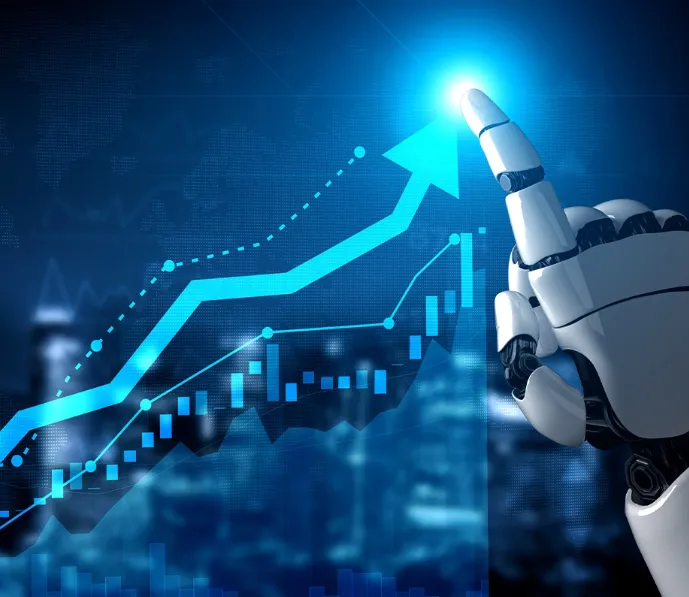AI Integration: Driving Smarter Business Automation

In the modern business world, efficiency is no longer just an advantage—it’s a necessity. As industries adapt to rapid technological change, artificial intelligence (AI) has emerged as a game-changer in automation. Far beyond replacing routine tasks, AI is reshaping how organizations operate, innovate, and compete in today’s fast-paced markets.
The Evolving Role of AI in Automation
Traditional automation was once focused on simplifying repetitive tasks. Today, AI takes this to an entirely new level. By processing massive datasets with speed and precision, AI systems uncover patterns and insights that were previously inaccessible. This capability allows businesses to move beyond task automation toward predictive analytics, real-time problem detection, and intelligent recommendations.
AI doesn’t just help companies run more efficiently—it helps them remain adaptable. By analyzing customer behavior and market shifts, AI tools can anticipate needs, recommend solutions, and guide smarter decision-making. This ability to react proactively gives businesses the agility needed to stay relevant in an environment where customer expectations evolve constantly.
Unlocking Efficiency Through AI Integration
Integrating AI into business operations opens the door to streamlined workflows and stronger performance. Mundane tasks can be automated, freeing employees to focus on creative, high-value initiatives. Unlike static systems, AI-powered solutions learn and improve over time, ensuring processes remain optimized as conditions change.
Perhaps one of the most powerful aspects of AI is its ability to complement human talent. Instead of replacing employees, AI enhances their capabilities by providing deeper insights and smarter analytics. When people and technology collaborate effectively, innovation flourishes, and decision-making becomes sharper and more strategic.
Benefits That Transform Business Performance
The advantages of AI-driven automation extend across every layer of an organization. Accuracy improves as AI reduces human error and handles data with consistency. Cost savings follow naturally, as automated systems minimize waste and optimize the use of resources. Businesses also gain the speed to bring products and services to market faster, positioning themselves ahead of competitors.
At the same time, AI equips organizations with actionable insights that guide long-term growth. By identifying trends, forecasting customer preferences, and refining processes, AI fosters a culture of continuous improvement. This forward-looking approach ensures resilience in the face of uncertainty and enables companies to seize new opportunities with confidence.
Implementing AI for Process Optimization
To truly maximize the value of AI, companies need a structured approach. Technologies like machine learning, natural language processing, and computer vision can be applied to redesign workflows, eliminate bottlenecks, and improve overall performance.
AI thrives on real-time feedback, allowing businesses to monitor results, make adjustments, and fine-tune operations continuously. This iterative cycle not only improves efficiency but also ensures organizations can pivot quickly as market conditions evolve. In practice, this means businesses remain agile while maintaining a strong competitive edge.
Overcoming Challenges and Embracing Opportunities
As with any transformative technology, AI integration comes with its challenges. Data security, ethical use, and workforce adaptation must all be carefully managed. Establishing strong data governance and investing in employee training are critical steps to ensure trust, compliance, and long-term success.
Despite these hurdles, the opportunities far outweigh the risks. Businesses that embrace AI gain the ability to optimize resources, enhance customer experiences, and uncover new revenue streams. In a world defined by digital acceleration, AI is not just a tool for efficiency—it’s a catalyst for growth and innovation.
Conclusion: The Future Belongs to AI-Driven Businesses
The adoption of AI in business automation marks a significant shift in how organizations approach performance and strategy. Companies that embrace AI integration are not only improving efficiency but also redefining what it means to be competitive in the digital era. Looking ahead, businesses that harness the power of AI will be best positioned to thrive, adapt, and lead in an increasingly complex marketplace.







